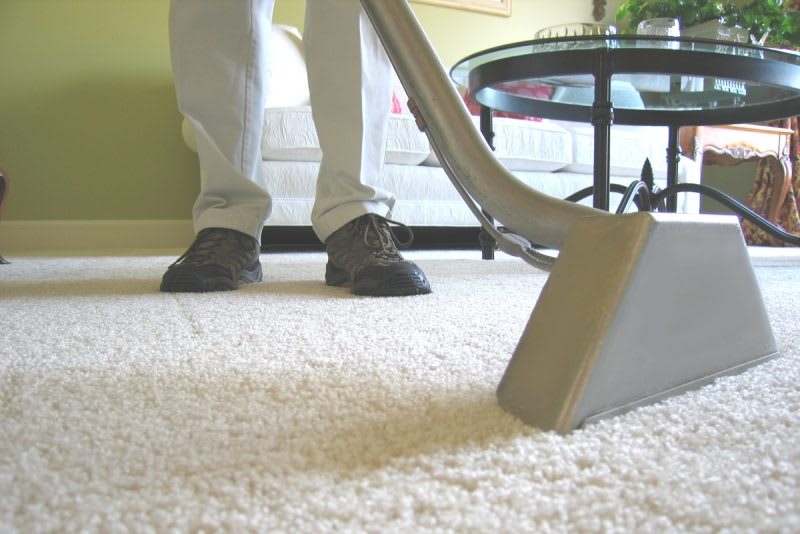Last year, a week or so before Passover, my wife received a greeting card from a friend of hers. It was a touching gesture, I thought, a statement of solidarity from one friend to another at that frantic, frenetic, hectic, stress-filled time of year. The card her friend sent? The front page began: “If they can send a man to the moon…” The inside concluded… “Why can’t they send them all there?” That tipped me off that something might be wrong here.
The process of preparing for Pesach is an arduous one. Chametz is unlike most other forbidden foods in that it is usually permitted and even essential in a Jewish home and a kosher kitchen. Most forbidden foods are always forbidden, and, as a result, are never found in a Jewish home. It takes no special effort to guard a Jewish home from those kinds of forbidden substances. Not so with chametz, which—in its more familiar forms of challah, pizza, noodles, cakes, Cheerios and a million other food products—is a staple of our diets and the foundation of our kitchens. Thus, the process of “turning the kitchen over” and ridding the entire house of any traces of the chametz that during the whole rest of the year has insinuated itself deeply into our homes and lives, is a laborious one. Add young children into the formula and you have a formidable, daunting challenge.
Preparing for Pesach is a big job, and—let’s be honest—most of that big job falls on the woman of the house. As much as we might like to consider ourselves fair-minded and/or considerate and/or modern and/or halachically conscientious (choose the description you like best or that offends you least), the preparations don’t seem to be divided evenly or proportionately (when one factors in other responsibilities including outside work, child rearing, etc.).
What follows are some thoughts regarding sensitivity and transcending one’s lethargy and capacity for excuse making, especially appropriate for this season. You probably already know them all. That’s OK—it’s a good time for review. All advanced skills are simply mastery of the basics. Here are the basics. Master them.
For Women:
-
Clarify the Halachic Obligation
First, do what you have to do, but maybe not more. The Talmudic Sages sometimes refrained from legislating an enactment if they felt that it was a “chumra [stringency] which most of the community could not endure”; on a variation of this theme, Rav Scheinberg, zt”l, identified practices regarding cleaning on Pesach that he termed “kulas [leniencies] that most of the community cannot withstand”—that is, the halacha is often much more lenient than popular common practice is. Ask your posek [halachic decisor]—find out what the halacha and your communal custom require that you do … and do that, but not more than that.
People—from the noblest of intentions—prepare according to requirements that go above and beyond what the halacha would require. If there were no counterbalancing considerations, there would be nothing to say. But the exhaustion that culminates in an inability to stay awake at the Seder is a considerable consideration, and many prominent halachic authorities (including the great 19th century Torah scholar Rav Naftali Tzvi Yehudah Berlin, “the Netziv”) caution women against working so hard that they cannot fully participate in the Seder experience.
-
Delegate
Enlist the help you need. Some women embrace martyrdom during this period and end up nursing hurt feelings and resentments rather than expressing a very reasonable request for help.
For Men:
Abe goes to see his boss and says, “We’re doing some heavy house cleaning at home tomorrow for Pesach and my wife needs me to help with the attic and the garage, moving and hauling stuff.”
“We’re short-handed, Abe,” the boss replies. “I just can’t give you the day off.”
“Thanks, boss.” says Abe. “I knew I could count on you!”
-
Do Your Part
 Do more of the work; pull your weight. There is a Talmudic principle that might apply here: “One fulfills a greater level of mitzvah accomplishment when one participates in the mechanics of performing the mitzvah rather than authorizing an agent to do it on his behalf.” The sense of accomplishment in having a chametz-free home… you have to earn that; it doesn’t come for free. Do your proportionate share of the work, after you allow for factors of work, learning, etc.
Do more of the work; pull your weight. There is a Talmudic principle that might apply here: “One fulfills a greater level of mitzvah accomplishment when one participates in the mechanics of performing the mitzvah rather than authorizing an agent to do it on his behalf.” The sense of accomplishment in having a chametz-free home… you have to earn that; it doesn’t come for free. Do your proportionate share of the work, after you allow for factors of work, learning, etc.
We all have obligations outside the house, agreed, and they take up a significant percentage of our time. But the overriding consideration of the season is the preparation for Pesach, and you have a stake in that, as well. As with all things, a conversation with your posek (halachic authority) will give valuable guidance in how you should allocate your time.
You have a stake in your wife’s ability to be present and awake at the Seder. That principle espoused by the Netziv mentioned earlier is your concern, too.
Your recognition of what your wife is doing—as evidenced by your active involvement and cooperation—can spare your wife a lot of emotional hurt and feelings of resentment, and preempt shalom bayit issues that sometimes linger in the home long after the holiday is over.
A group of halachically meticulous students came to Rav Yisrael Salanter and asked him what halachic stringencies they should observe in the preparation of the matzah for the upcoming holiday. Rav Yisrael gave them one: “Don’t yell at the widows preparing the matzah.”
Matzah-baking was low-paying seasonal work, and it tended to attract elderly widows trying to supplement their meager incomes. The process of matzah-baking is very stressful—the clock is ticking and every second counts—and tempers can flare and patience can run thin. It wasn’t uncommon for people to lose their cool as they urged on the women baking. Matzah made in that way lacks a dimension of kedusha (holiness), Rav Yisrael taught them. That lesson is relevant to us, as well. If we were to ask Rav Yisrael what stringencies to observe in our Pesach preparations today, he would tell us, “Do your part, and help your wives.”
-
Express Gratitude
In addition to your own active involvement in the many preparatory processes, express your gratitude to your wife, fully and meaningfully, in both words and actions. Simply saying “Feige, thank you!” out loud, once, does not discharge the obligation of gratitude for countless hours of backbreaking work. Your wife just spent the better part of the last month getting ready; she deserves something more—her dignity and your decency demand it.
The halacha requires that a man buy his wife a gift before yom tov—this is true before every chag, of course, but perhaps the gift that precedes Pesach should be more elaborate. And so should the expression of gratitude that accompanies it. The card that comes with the gift is probably more important than the gift. Articulate—clearly and fully—as many aspects of your wife’s extraordinary efforts on behalf of her family as you can recognize, and thank her—sincerely, wholeheartedly—for each and every one. Celebrate her halachic integrity and devotion to her family. Do that more than once.
For Children:
-
Ditto and ditto
Children, too, have an obligation to participate in the preparations for Pesach and expressions of gratitude. The yeshivas give time off weeks in advance —ostensibly so the kids can help—and indeed, they should. If everyone pulls their weight and acknowledges the herculean efforts of the selfless heroines making it all happen, we make for happier holidays and happier families. It’s the smart thing to do, and it’s the right thing to do… unless we want to consider an apocalyptic future in which the Jewish women commission NASA to begin construction of huge space arks capable of transporting all the Jewish men to the moon.
Reprinted From the OU Guide to Passover 2013/5773.
Ask your most pressing questions about preparing for the holiday and observing its eight days properly. Send in your questions today for the OU’s Pre-Passover Webcast. Tune in on March 12th for the answers.
Rabbi Cary Friedman is Associate Editor of OU Press | Jewish Educational Publications. He is the author of five books, including “Marital Intimacy,” Compass Books, 2005.
The words of this author reflect his/her own opinions and do not necessarily represent the official position of the Orthodox Union.
